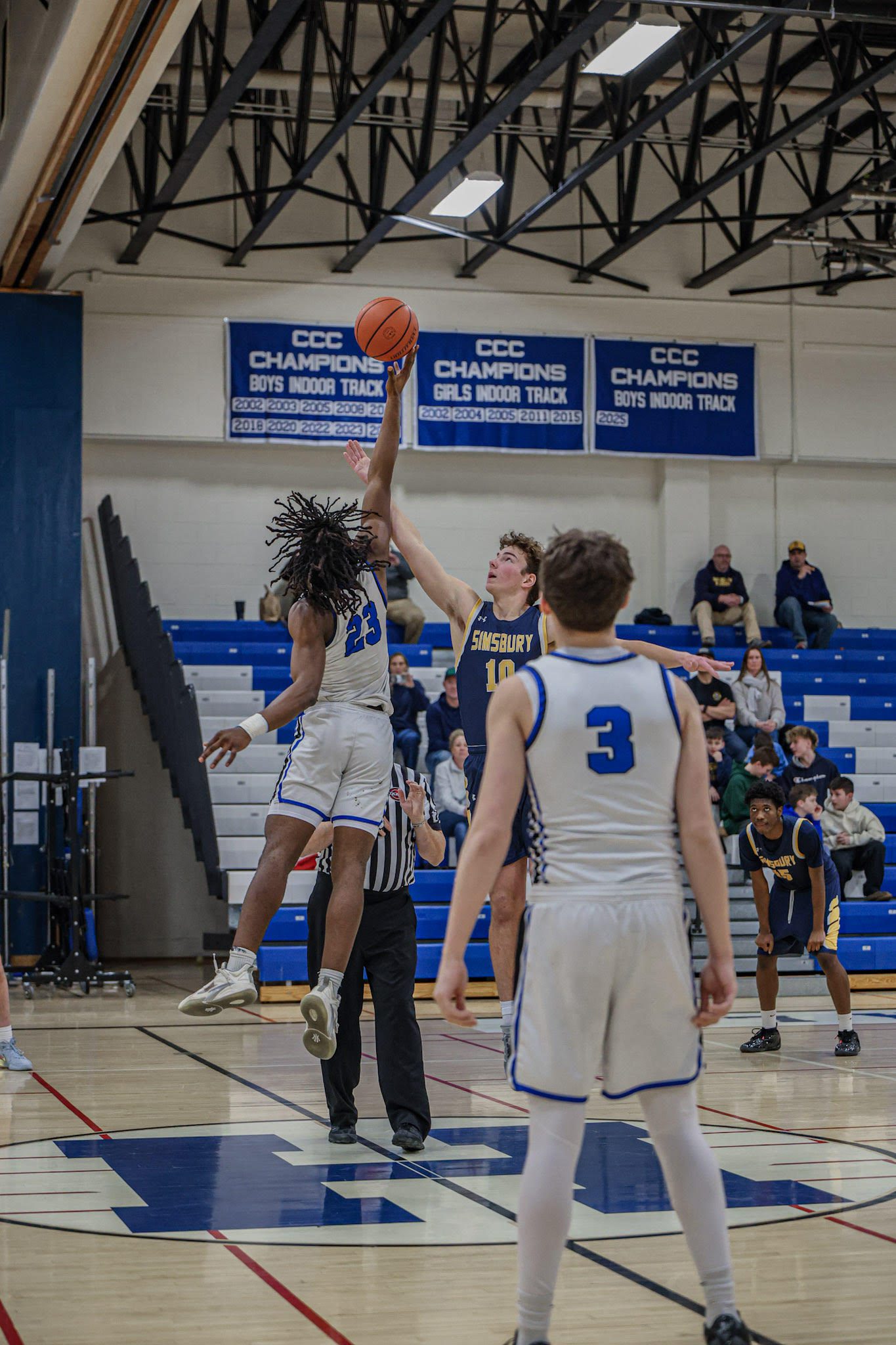Purim: What’s the True Meaning of this Jewish Holiday?

Audio By Carbonatix

A family celebrating Purim.. Courtesy of Mandell JCC
A history of Purim, and some fun activities to attend at the Mandell Jewish Community Center in West Hartford, CT.
By Michelle Bonner, Mandell JCC
One of the most festive and popular of the Jewish holidays is Purim. It’s fair to say that most people have heard of some other popular holidays like Passover and Chanukah, but Purim?
In fact, Purim is considered the “most fun” of the Jewish holidays, and for people of other faiths is often likened to being a little bit of Mardi Gras and Halloween rolled into one.
Held on the 14th day of the Hebrew month Adar, Purim commemorates the day Esther, Queen of Persia, saved the Jewish people from execution by Haman, a treacherous man who tried to destroy the Jewish people of ancient Persia. Queen Esther, who had previously concealed her Jewish roots, reveals her true self to her husband King Ahashveros and convinces him to stop evil Haman’s plot and thus saved the Jewish people from disaster.
The simple expression for Purim is everyone young and old dressing in costume, adults drinking until they can no longer differentiate between good and evil and friends and family exchanging beautiful mishloach manot – which are baskets filled with food, drink and lots of sweet treats.
As with most Jewish holidays, food plays an important role in celebrating Purim. If you follow Jewish law, then each mishloach manot must contain at least two different kinds of food that is ready to eat.
When it comes to food, many Jewish holidays incorporate stricter rules, which include mandatory fasting, but Purim is much more relaxed. On Purim, Jews are supposed to enjoy a festive meal, which often includes special Purim cookies called hamantaschen – “Haman’s pockets” – triangle-shaped cookie pastries with fruit or savory filling.
While Purim is an enthusiastically spirited day, at its root, as with so many Jewish holidays, is the resilience of the Jews in the face of persecution.
In fact, the Purim story is reminiscent of the history of a modern day Jewish community from Iran. The Jews of Mashad were forced to convert to Islam in 1839 when the leader of the city decried that all the Jews must convert to Islam or face death. After their conversion, the Jews of Mashad adopted new names, changed their business practices, and wealthier members even made pilgrimages to Mecca as observant Muslims are required to do.
The community lived this way for nearly 100 years. Women hid kosher meat under their long flowing chadors (a regional Muslim article of clothing) and ran secret Jewish schools in the basements of their homes. The Jews of Mashad lived as crypto Jews well into the 20th century; they wore costumes to protect themselves and their community. They banded together as the Jews of the megillah story did to stay safe.
In the end, the Jews of Mashad were victorious. They never forgot their Jewish heritage and today the community is alive and thriving, congregating around several hubs in the U.S. and Europe.
Their ability to organize and unite, as they did during their days as crypto-Jews, serves them well today. They have triumphed as the Jewish people did during the time of King Ahashverous and Queen Esther. The community’s vitality is celebrated throughout the year, including community-wide Purim celebrations.
If you’d like to learn more about the Purim holiday, you can participate in one of the many activities throughout the month at the Mandell JCC.
PJ Library, Purim and Pancakes at Hoffman Summerwood, 160 Simsbury Road, West Hartford, Sunday, March 17, 10-11 a.m.: Come dressed in costume, get ready for Purim, and enjoy pancakes with a fun twist with our friends at Hoffman Summerwood.
The Better than Best Purim, at the Mandell JCC. Monday, March 18, 3 p.m.: Listen to this PJ Library favorite, make a crown, and get ready for Purim in the Family Room
Hamantashen Make and Donate, Monday, March 18, 4-7 p.m.: Make some hamantashen at the JCC in celebration of Purim. Hamantashen will be donated as we participate in the Purim tradition of giving gifts – mishloach manot.
For more information about Purim, and/or to register for one of these events, please contact Jane Pasternak, [email protected], 860-231-6342.
Like what you see here? Click here to subscribe to We-Ha’s newsletter so you’ll always be in the know about what’s happening in West Hartford!



